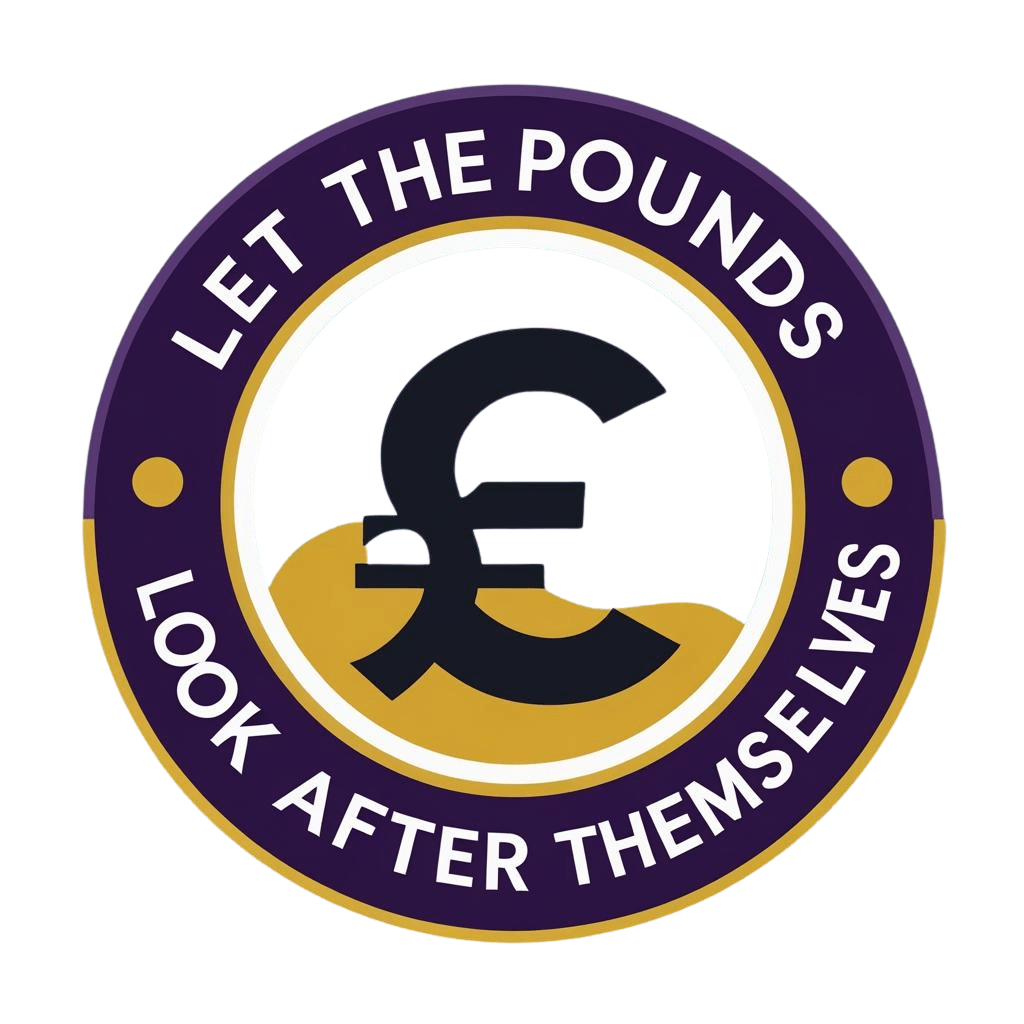What to consider when you're starting a business (pt1 )
What to consider when you're starting a business (pt1 )
When you set up in business, it’s exciting right?
But it can also be extremely overwhelming.
It’s not just getting yourself out there and generating customers to give you income, but the other side can be extremely daunting, especially if you’ve always worked in a job that you got a payslip every month, regardless of whether you felt like giving your all.
Here are a few things to consider right from the off to help you make those decisions quickly.
What am I going to sell?
Is it a product based business or a service based business?
Product based business
If you have a product based business, you have to factor in the following
1 - The cost of materials
2 - How much time it takes to make and the cost of that
3 - The cost of any extra office supplies like labels and ‘consumables’, that means other costs in the making of the product
4 - Premises costs
5 - The cost of any equipment
6 - Electric costs
7 - Postage or courier costs
8 - Fees for the likes of stripe and the use of different platforms that charge a transaction fee.
There then needs to be a bit in the middle, between your selling price and your costs, that's your profit.
As a new business, this isn't the be all and end all in the beginning.
It can take up to three years to make a profit in a business, at the start it's all investment and buying stuff that you never thought you might need.
But the one thing that keeps a business rolling is it's cashflow.
If you gave me a pound for the amount of times I've heard cashflow is king when running a business, I'd be extremely wealthy.
See profit on paper is all well and good, but no cash in the bank can stop you in your tracks.
Get you in a chokehold.
That's why some businesses that rely on a lot of equipment use an overdraft.
I remember seeing farmer's accounts with big overdrafts to buy big quantities of materials, like feed for their cows and fertiliser for the fields or a fresh tractor.
That's not permission to use an overdraft if you're starting something that's on the side to start with.
These same farmers are constantly on the line of survival, chucking money at it to plug the holes, with thinning hairlines and sleepless nights.
Then there's a service based business
Unlike products, services run a lot leaner and therefore the profit, the gap between the costs and the selling price, has the potential to be a lot bigger.
Comparing the two
For instance, if you were looking at the year ahead and you wanted to make £5,000, there are two basic ways in which to do it.
Sell 250 products at £20 each or
Sell 5 services at £1,000 each.
At the top it is preference, but by the time you get to the bottom is the real difference.
After costs, say 50% is cost for the product based business, and 15%
The product business is making £2,500
The service business is making £4,250
Then say you're a 20% taxpayer, you'd be left with
£2,000 from the product based business
£3,400 from the service based business
Which one looks better?
People always say they don’t want to have to pay tax, it’s not ideal, but a tax paying business is a profitable one.
As the saying goes, you make money, you pays taxes
Tax has always been seen to be a bad thing, yes it’s something that you’re going to want to minimise, but big businesses don’t shy away from tax, they know it’s to pay and factor it in, it’s all part and parcel of having a business that makes money.
The key that profitable businesses make is reinvestment.
They’re not afraid to invest in equipment and knowledge to make their business run better, more efficiently and to more of a profit over time.

© Created with systeme.io